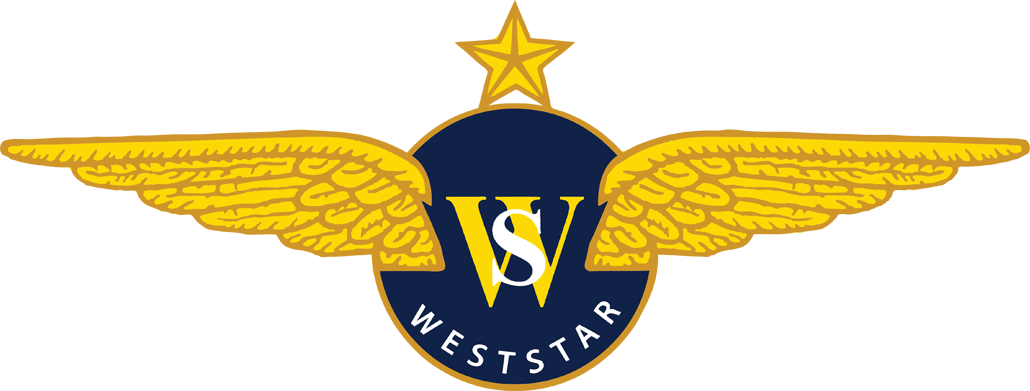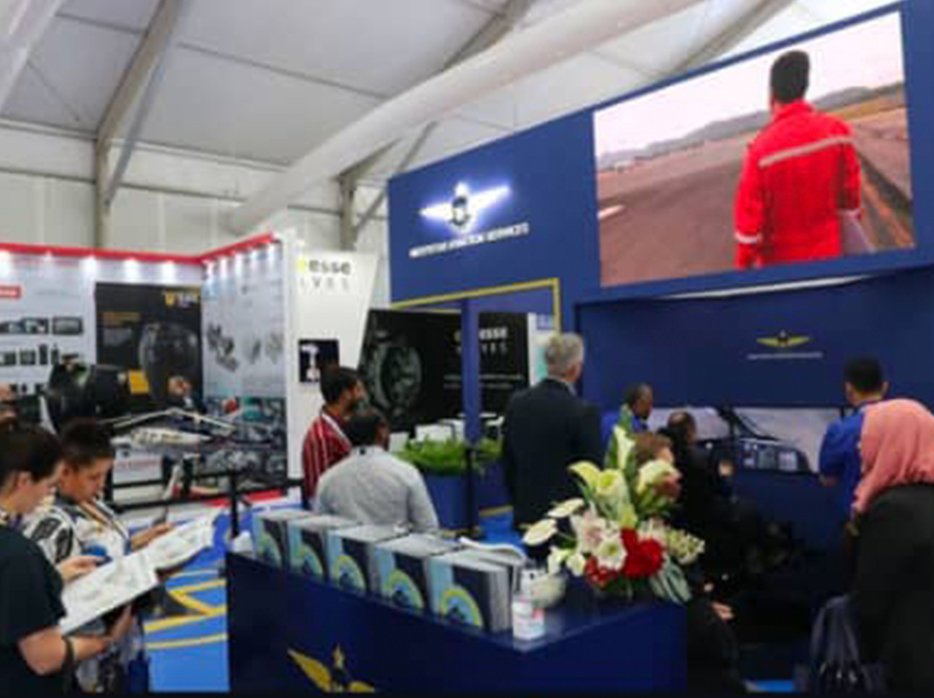31st October 2022 – Weststar Aviation Services has landed at ADIPEC for the first time as an exhibitor and is showcasing its worldclass AW139 helicopter flight simulation for visitors to experience the manoeuvrability of a modern helicopter during flight. Chief Business Development Officer, Datuk Anuar Noordin, says: “We are extremely thrilled we can partake in a remarkable event like this…a great platform to showcase our services and capabilities to a wider audience in the Middle East. “Our growth pace has been nothing short of remarkable – we keep reaching new milestones in all aspects of our business. “We are extensively expanding and we have earmarked the Middle East as one of the prime destinations for our expansion.” Established and headquartered in Malaysia, Weststar says it is well positioned for the future, with a growing state-of-the-art fleet of modern helicopters, a strong team of professionals well-equipped with technical expertise, and a stellar safety record backed by cuttingedge technology. It has plans to grow and expand its operations to other strategic locations around the world. “Weststar Aviation Services has been in the helicopter industry since 2003 and we have grown to become one of the global key players in the offshore helicopter industry,” continues Noordin. “We operate 35 AW139, AW169, and AW189 helicopters out of our bases in South East Asia, Africa, and the Middle East performing a wide range of services. “With a large and modern fleet of world-class helicopters and a stable of blue-chip oil and gas companies as customers, we have plans to further expand our operations in the UK, the North Sea, Italy, Kazakhstan, Timor Leste, Guyana, Suriname, Ghana, Cameroon, Angola, Congo, and Mozambique.” Viewing the global energy market in 2022, going into 2023, Noordin notes how the Russia/Ukraine situation has significantly disrupted the trade and production of energy commodities. “Those disruptions have exacerbated existing strains in energy markets and the current energy shock will have significant consequences on global growth,” he says. “This could result in the delayed transition to a low-carbon economy. Our industry is recognised as a sector where emissions are hard to abate…no single solution or player can deliver the decarbonisation for the industry that is needed. We are studying the probability of proactively.
reducing our emissions through energy transition and the usage of Sustainable Aviation Fuel. “As we aim to become a net-zero emissions business by 2050. We also make it our mission to develop our portfolio of products and services to help fulfill our clients’ requirements in a way that will enable them to achieve their decarbonisation ambitions.” Expanding in this, Noordin says there is a need for oil and gas industry players to invest in emerging technologies to reduce risks, increase productivity and reduce costs. Some of these include robotics, IoT, drones, data analytics, artificial intelligence, and other hardware and software tools. “Digital technologies such as big data analytics, AI, and cloud-enabled mobility allow companies to make faster and better decisions, reduce costs and increase productivity and revenue,” says Noordin. “We are here to learn about the new technologies and the latest offerings that could be useful to our business.”


